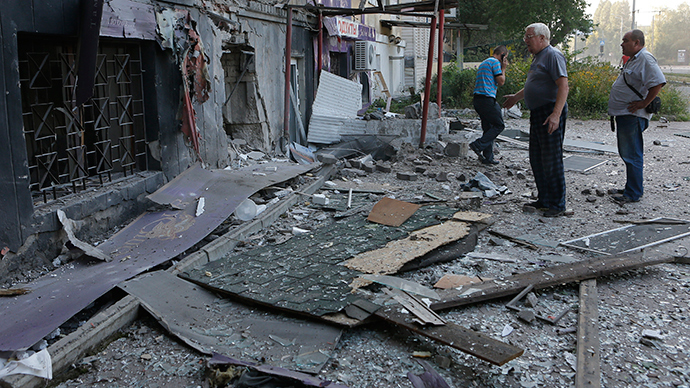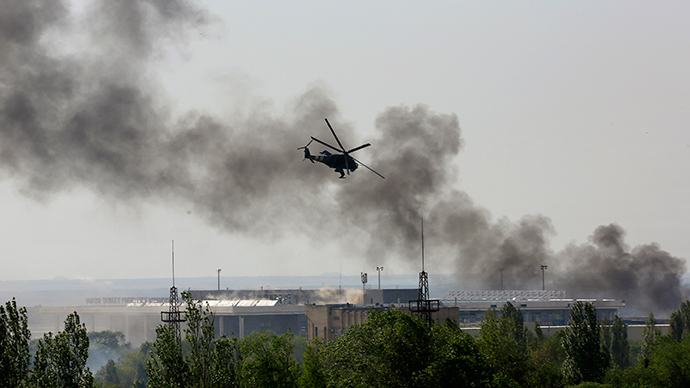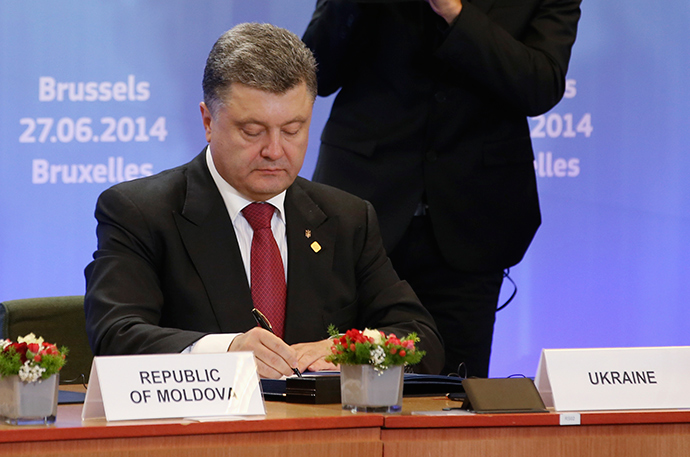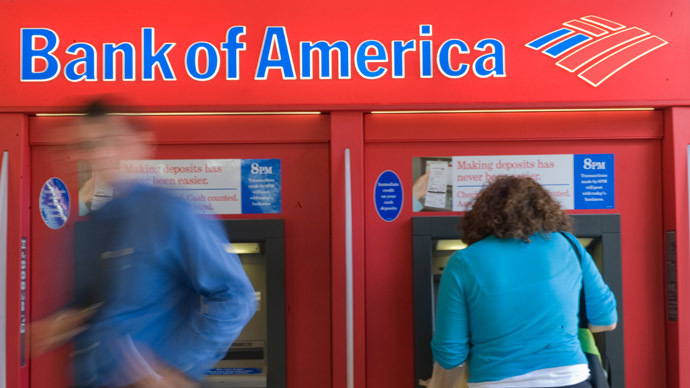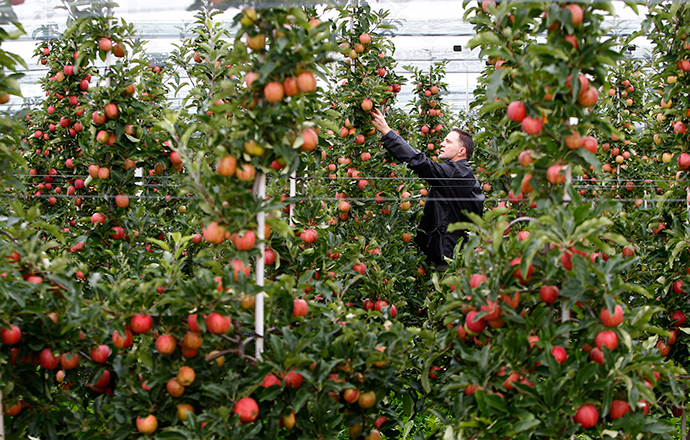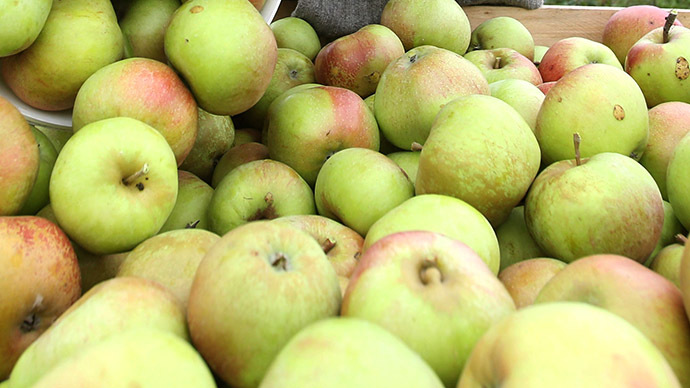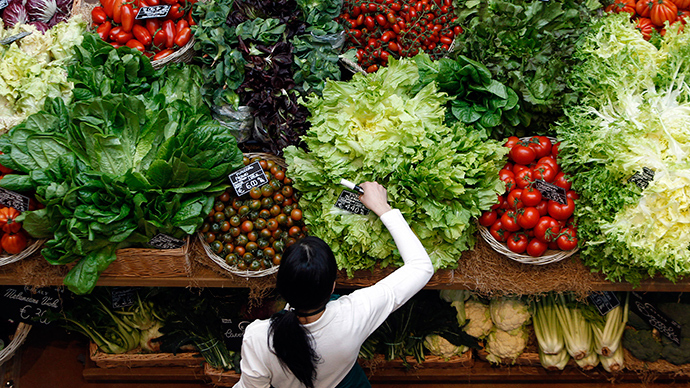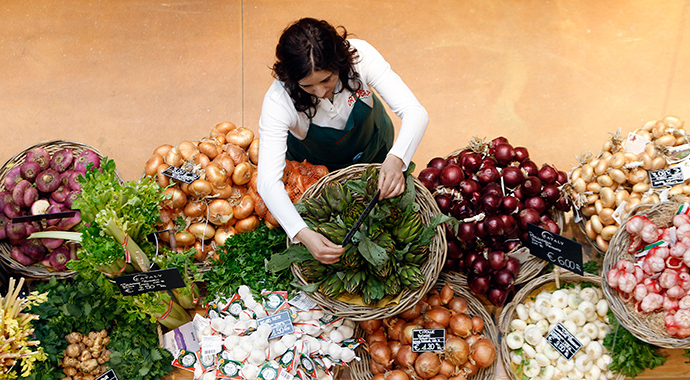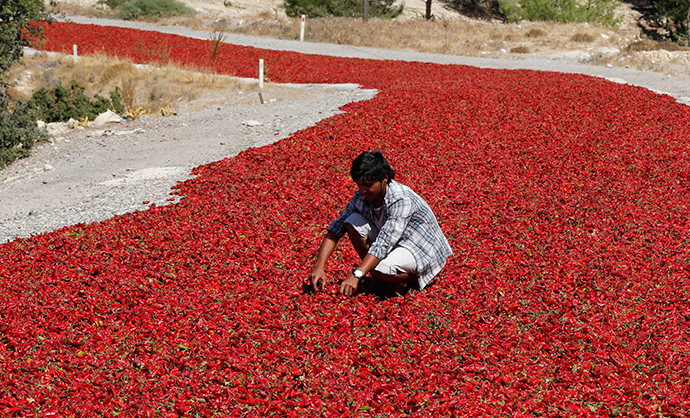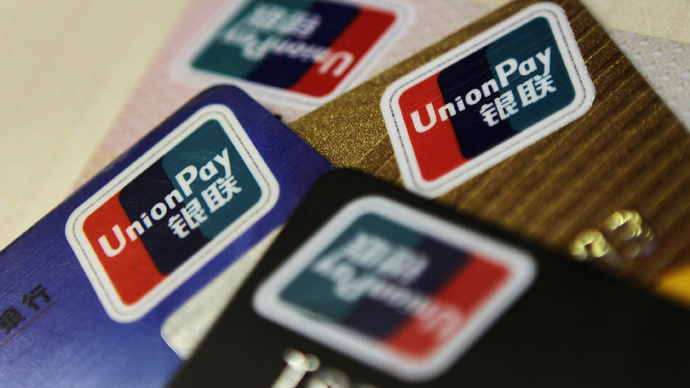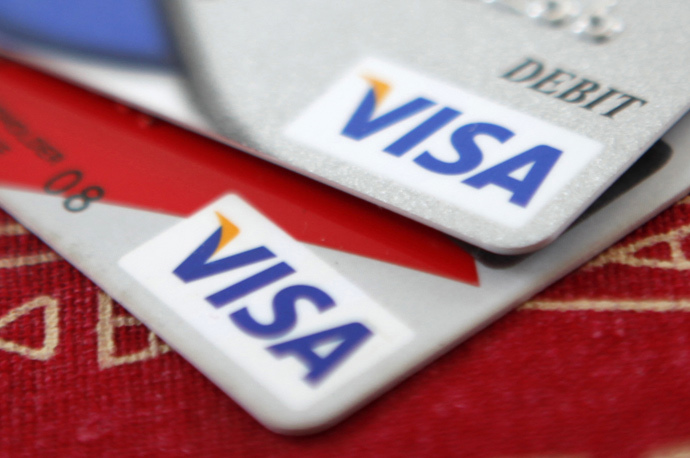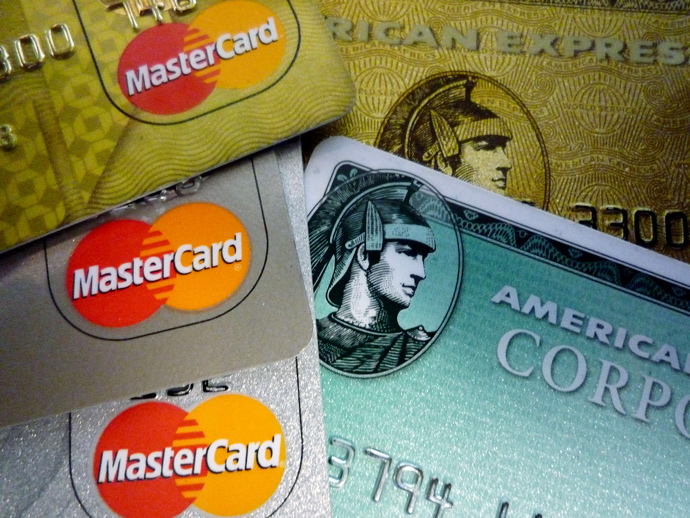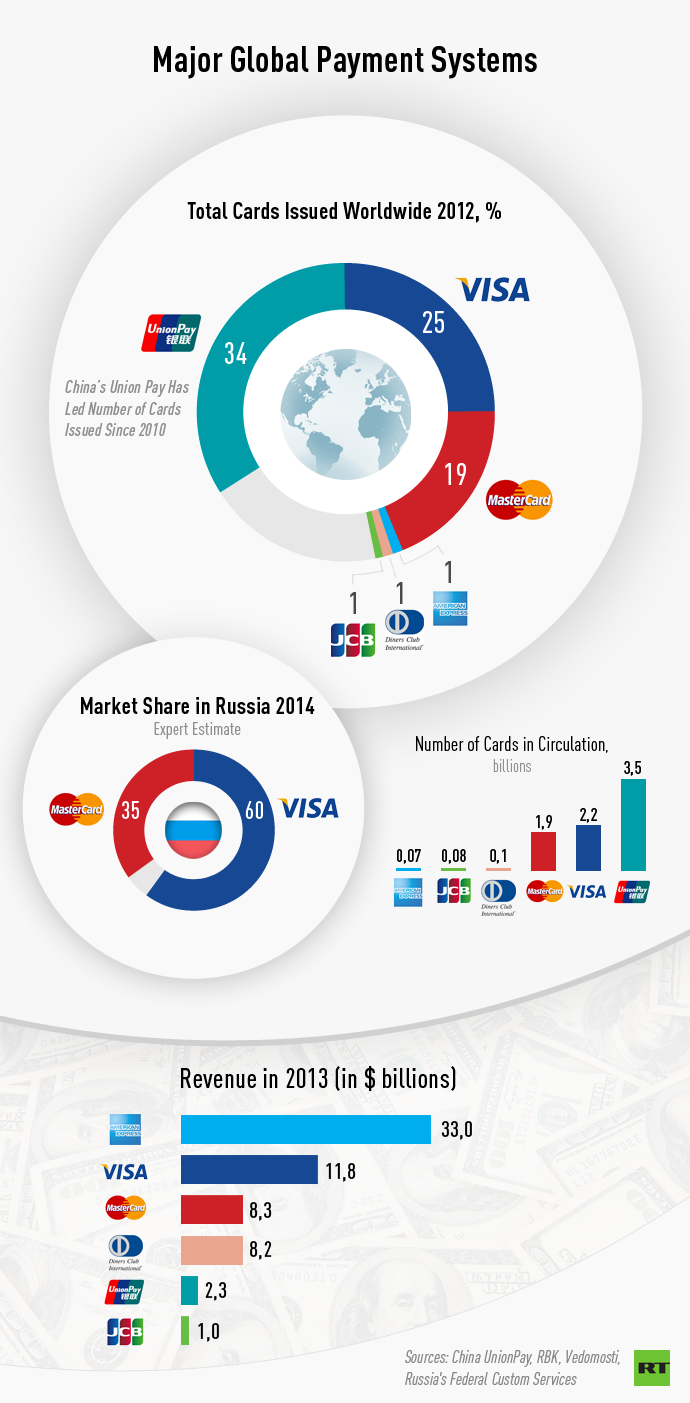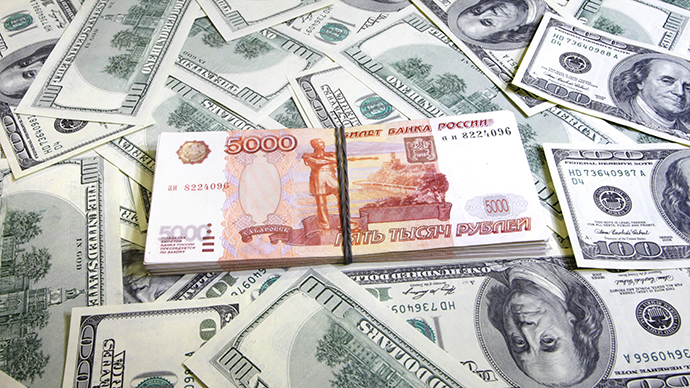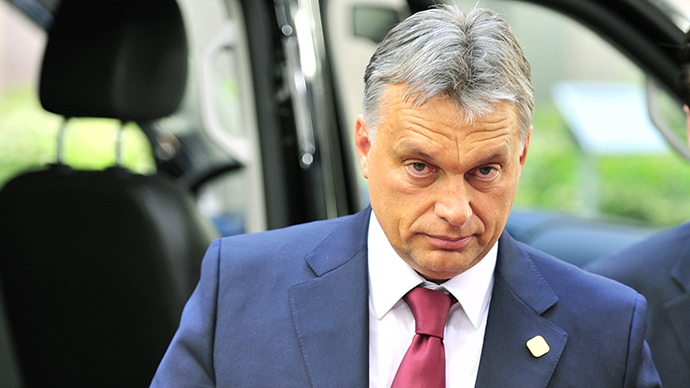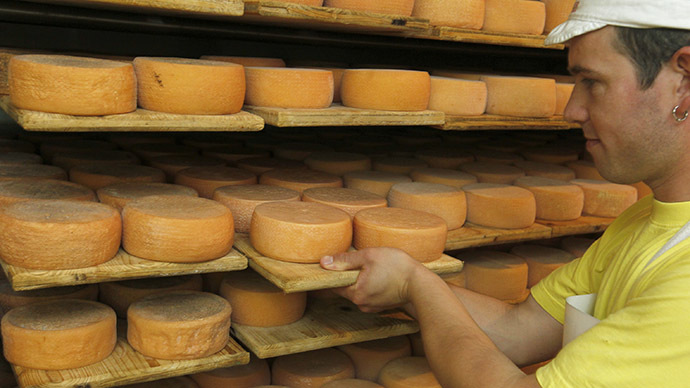
Serbia said it’s ready to increase exports to Russia of dairy products, primarily cheese, in the next two or three weeks, adding to the list of countries providing substitutes for embargoed goods from the West.
“We will be ready to
deliver dairy products from Serbia if the country’s veterinary
service is ready to provide guarantees,” ITAR-TASS quotes
Russian Agriculture Minister Nikolai Fyodorov after he met with
his Serbian counterpart Snezana Bogosavljevic-Boskovic on
Thursday.
Currently there are 41 firms in Serbia authorized to export food
to Russia. Russia is ready to grant accelerated access to its
market for up to 30 more suppliers, if the country is ready
“to be responsible for the activities of these
enterprises,” Fyodorov said.
“Russia is interested in all our agricultural and food
products, particularly meat, milk, fruit and vegetables. We can
export as much cheese as we can produce,” Snezana
Bogosavljevic-Boskovic, the Serbian Agriculture and Environmental
Protection Minister said, adding that such exports would not
affect domestic market prices.
The Russian embargo on European agricultural goods
created “a unique chance Serbia should use if it is able to
meet Russia’s high standards and regulations,”
Bogosavljevic-Boskovic said.
Trade in agricultural goods between the Russia and Serbia may
almost double from $270 million to half a billion US dollars a
year in a short time, Fyodorov assumed.
Serbia would not allow the re-export of European food products
banned by Russia through its territory, the Serbian minister
said.
“Our side is assuming great responsibility. We promise to do
everything possible to control the export procedures,” she
said.
On top of that, Bogosavljevic-Boskovic said Serbia is willing to
invest in joint agricultural investment projects together with
Russian businesses.
Pakistan also said it was ready to replace Australian lamb
imports, according to the country’s new Ambassador to Russia
Zaheer Aslam Janjua.
Earlier in the month Latin American countries, including Ecuador,
Brazil, Chile, and Argentina confirmed they would increase meat
and dairy product supplies which may appear on Russian
supermarket shelves as early as September.
European Commission spokesman Peter Stano said on Friday the EU
position concerning the substitution of temporarily banned
European goods in the Russian market by third countries,
including candidates to join the union, “is clear.”
The European Union
“expects” these states “will refrain” from
substituting supplies.
READ MORE:EU denies bullying Russia’s trade
partners over food ban
Article source: http://rt.com/business/182076-serbia-food-deliveries-russia/
